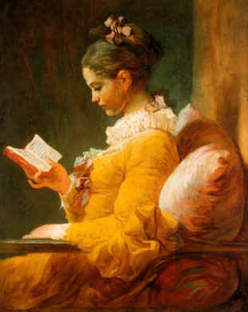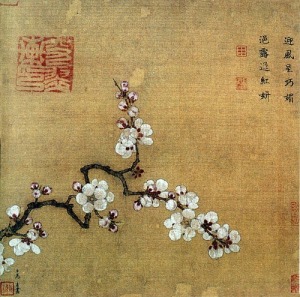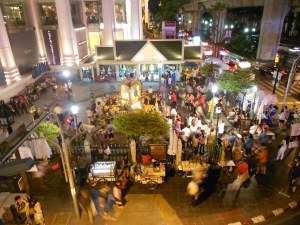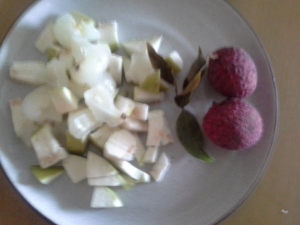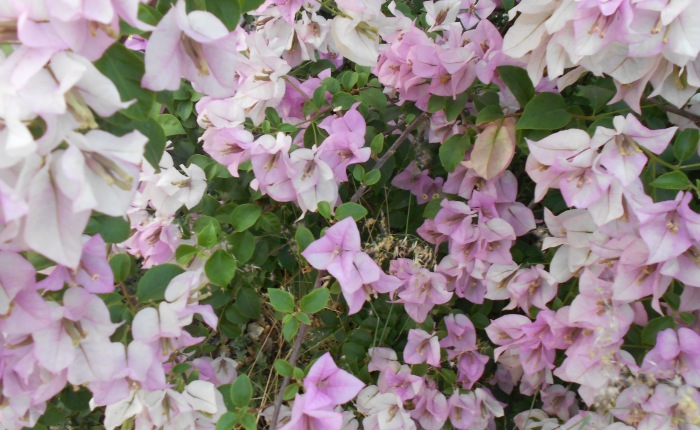I have been reading so much online about the release of the BBC’s production of War and Peace that I cannot wait too long to see it. But as I do wait, I am filled with both excitement and curiosity. War and Peace, I think, was the first serious novel with which I embarked on the journey that is literature. I remember long dusty afternoons in my grandparents’ home when I would lose myself in its pages. It was my refuge especially when the electricity would go off and it was too hot to do anything but read. I found it surprisingly easy to read despite its length and the fact that it is set in the culturally alien landscape of nineteenth century Russia.
I think one of the reasons why War and Peace is such a gripping novel is that it is full of of the rich descriptions of the inner lives of its characters, told with great attention to detail. Despite the deep and lasting friendship between Pierre Bezukhov and Andre Bolkonski, each of them is on a quest that is uniquely their own. And despite the fact that there are love stories woven into the novel, they are not its main concerns. The novel’s gentle realism reminds you over and over that it is not concerned with happily ever afters, or who gets together with whom. Natasha, Pierre and Andre live and search with intensity; it is their often their very poignant yearnings and glimmers of insight that breathe life into the pages.
These facts are a source of worry as I think of the six-hour production soon to be aired on the BBC. I myself have been an eager viewer of Pride and Prejudice (1995), the mini-series that brought screen-writer Andrew Davies so many accolades. But in this and other productions of Jane Austen, I feel that Davies has tried too hard to inveigle a sense of the erotic from the novels’ sub-plots. Some of his productions therefore, are reminiscent of Nabokov perhaps, or even Hardy. To be sure, War and Peace is not squeamish about the vagaries of human nature, or its seamier aspects. But to emphasize them for the sake of ‘drama,’ would, I believe, be a misrepresentation of the novel.
I am not sure which parts of the novel or which dialogues Davies has chosen to highlight.I am certain he would have had to make some difficult choices. Tolstoy’s own lengthy exegeses on history have, I have read from various sources, been dropped.
To return to the ‘inner searchings’ of Pierre and Andre. One of the most powerful of them is when Prince Andre lies wounded and almost dying during the battle of Austerlitz, and sees the vast, infinite, compassionate sky above him, as if for the first time.
How can such an experience be captured on film?
“Above him there was now nothing but the sky — the lofty sky, not clear yet still immeasurably lofty, with gray clouds gliding slowly across it. “How quiet, peaceful, and solemn; not at all as I ran,” thought Prince Andrew—”not as we ran, shouting and fighting, not at all as the gunner and the Frenchman with frightened and angry faces struggled for the mop: how differently do those clouds glide across that lofty infinite sky! How was it I did not see that lofty sky before? And how happy I am to have found it at last! Yes! All is vanity, all falsehood, except that infinite sky. There is nothing, nothing, but that. But even it does not exist, there is nothing but quiet and peace.”
As the bizarre and fascinating collision of death and memory when Andre finally does die despite Natasha’s ministerings…They are hardly the experiences of a mere ‘romantic hero,’ as Davies is wont to describe him.
“But at the instant he died, Prince Andrew remembered that he was asleep, and at the very instant he died, having made an effort, he awoke.
Yes, it was death! I died – and woke up. Yes, death is an awakening!”
Perhaps then, I have to conclude that War and Peace is a novel that is eminently unsuitable for dramatization.The series might do just a little for the book to be better known. It has always baffled me why War and Peace is not better known or referred to more often in literary criticism; even among students of literature Anna Karenina is a more popular choice. Sadly, at this moment, I doubt very much that War and Peace will make its way into the shelves of readers for the right reasons after they have seen the BBC’s production. But I will be sure to post a review when I have watched the series, who knows, I might have changed my mind!
